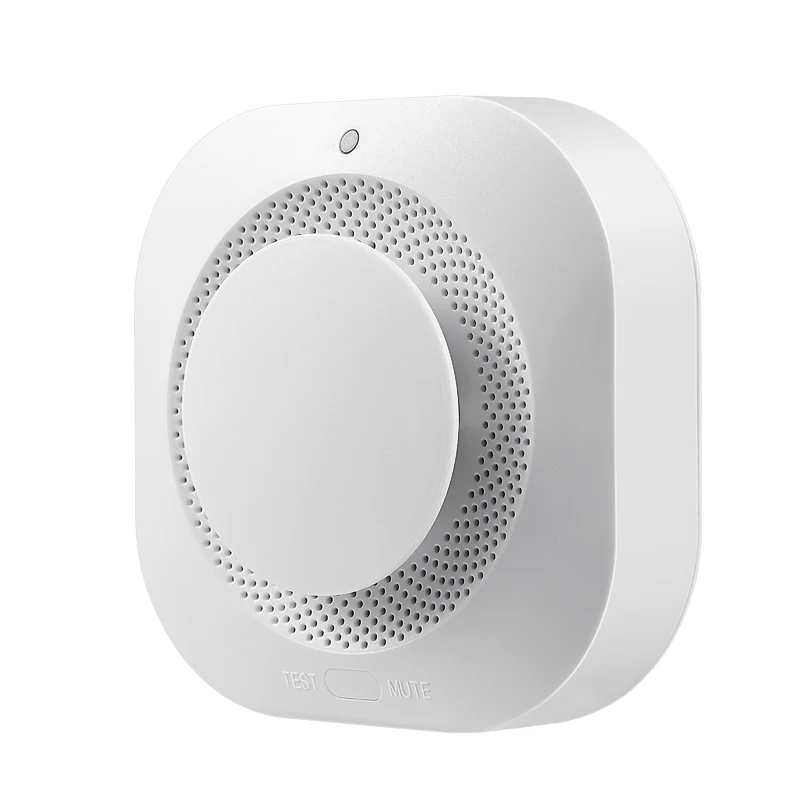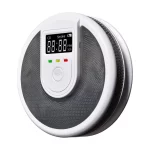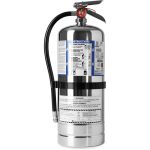Identifying the Cause of Chirping
When your smoke alarm starts chirping, identifying the reason is the first step to resolving the issue. It’s important to locate which unit is making the noise and understand why it’s happening. Paying attention to these details will help you apply the correct solution quickly and efficiently.
Locating the Specific Smoke Alarm
To find the chirping smoke alarm, listen carefully. As you hear the beep, walk towards the sound. Check each alarm in your home. If only one beeps, it is the source of the issue. If all alarms chirp, you may have a bigger problem, such as an electrical issue.
Common Reasons for Smoke Alarms Chirping
Several factors can cause a smoke alarm to chirp. Reasons include improper battery installation, dirty sensing chambers, and environmental factors like humidity. Other reasons include forgetting to remove the pull-tab on a new battery, a partly closed battery drawer, or electrical interruptions. Aging or outdated smoke alarms can also start to chirp as a sign they need replacing.
Identifying the precise cause is crucial. It ensures you can take the right steps to stop the chirping. Monitor your alarm’s behavior as it can guide you to the underlying cause. Follow the possible reasons listed and check your smoke alarm against each one.
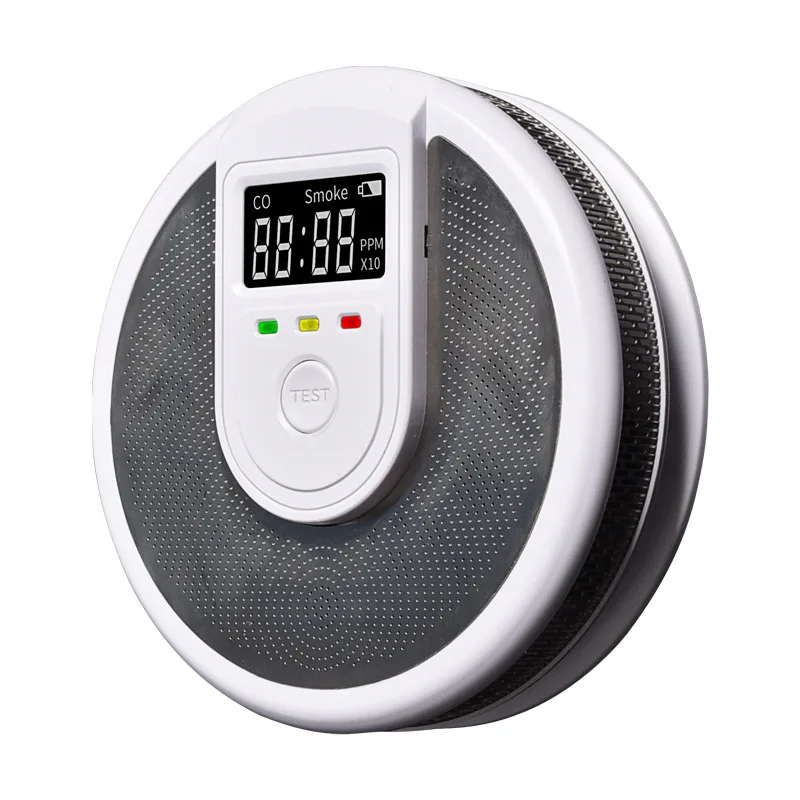
Types of Smoke Alarm Beeps and Their Meanings
Decoding the beeps from a smoke alarm can immediately help you understand what action to take. Here’s what different beep patterns generally imply:
Continuous Beeping and Its Implications
Continuous beeping often means that the smoke alarm has detected smoke. This is a direct warning to check your surroundings. If there are interconnected smoke detectors, the problem could be near any one of them. Ensure you investigate promptly to ensure safety, and evacuate if needed.
Intermittent Beeps and Low Battery Signals
If a smoke alarm emits chirps every 30 seconds or a minute, it usually indicates a low battery. It may also suggest the batteries are installed incorrectly or the battery compartment is not fully closed. Replacing or correctly installing the batteries should resolve this issue.
Multiple Beeps and Potential Emergency Alerts
Multiple beeps could indicate a serious issue. In devices that detect both smoke and carbon monoxide, this pattern could signal a rise in CO levels. It may also point to a fault in the device or that it’s at the end of its lifespan. Consider checking for the specific type of alert and take appropriate action, including replacing the unit if necessary.
Step-by-Step Solutions to Silence Chirping
Once you’ve identified why your smoke alarm is chirping, it’s time to take action. Addressing the root cause will quiet the alarm and ensure it functions correctly.
Replacing Smoke Alarm Batteries
Start by replacing the smoke alarm’s batteries. Use a battery tester to ensure the new batteries have a full charge. Align the batteries correctly and ensure the compartment closes fully.
Ensuring Proper Closure of Battery Drawers
Make sure the battery compartment is fully closed. A partly open drawer can prevent good contact and cause chirping. Press firmly until you hear it click into place.
Removing Battery Pull Tabs and Other Obstructions
Check for any obstructions, like the pull tab on new batteries. Remove it to allow a proper connection. Also, ensure nothing blocks the battery contacts within the compartment.
Cleaning the Smoke Alarm’s Sensing Chamber
Dust off the sensing chamber with a soft brush. This can be a delicate task, so handle with care. A clean sensor is less likely to chirp without cause.
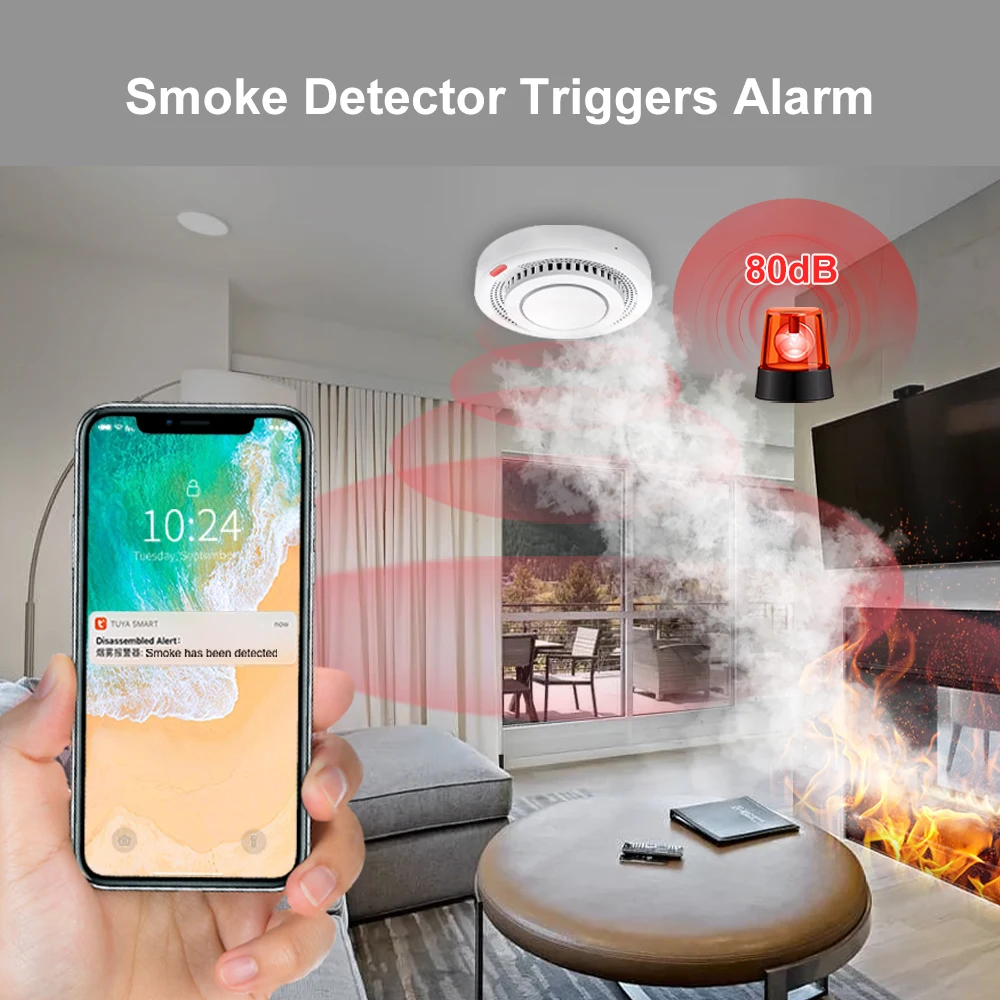
Adjusting Location to Manage Temperature Fluctuations
Too close to a kitchen or a bathroom? Heat or steam can trigger the alarm. Move it to a place with stable temperature and away from humidity sources.
By following these steps, you should be able to stop the chirping and restore peace. Additionally, regular checkups will keep your smoke alarms in top condition for when you need them most.
When to Replace Your Smoke Alarms
It’s crucial to know when to replace smoke alarms for safety.
Lifespan and Maintenance of Smoke Detectors
Most smoke detectors last up to ten years. Regular maintenance can extend their life. Clean and test your smoke detectors monthly.
Signs It’s Time for a Replacement
Replace your smoke alarms if they fail tests or chirp after replacing batteries. Check the manufacture date; replace units older than ten years.
Understanding Smoke Alarm Types
When selecting smoke alarms, it’s essential to comprehend the differences between the available types. Each type offers specific features and benefits depending on your needs and home layout.
Differences Between Battery-Operated and Hard-Wired Smoke Alarms
Battery-operated and hard-wired smoke alarms serve the same fundamental purpose: to alert you in the event of a fire. However, the way they are powered and interconnected varies.
Battery-operated smoke alarms are independent units. They work solely on batteries, which means they will continue to function during a power outage. This type is simpler to install, requiring no electrical wiring, but does require regular battery checks and replacements to ensure functionality.
Hard-wired smoke alarms are connected to your home’s electrical system. They often have a battery backup for additional security during power cuts. While installation might require professional help, these alarms can interconnect, meaning if one alarm goes off, they all will, providing a comprehensive alert system.
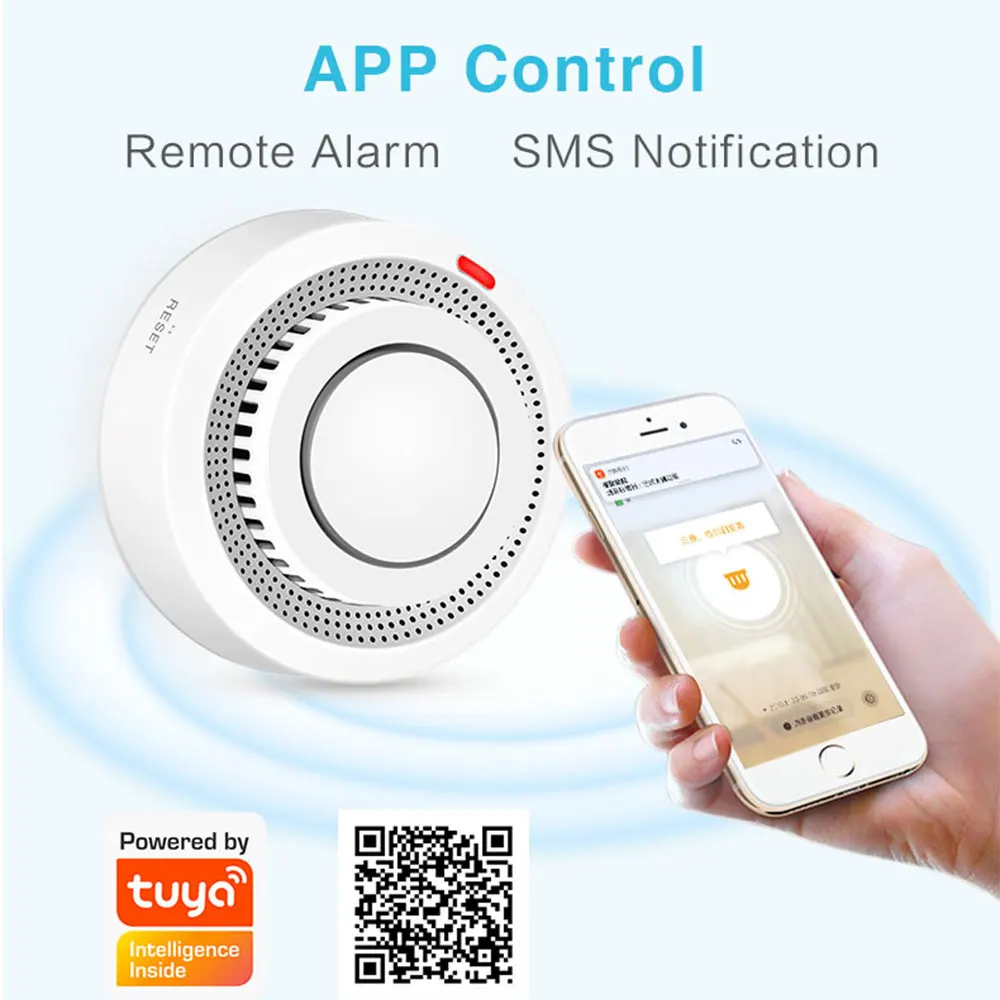
Choosing the Right Type for Your Home
Choosing the right smoke alarm depends on several factors, including ease of maintenance, installation requirements, and power reliability.
For homes with reliable electric service, hard-wired alarms with battery backup offer a robust solution. In this setup, power outages won’t compromise your safety due to the battery reserve.
If you prefer a simpler setup or live in an area with frequent power issues, battery-operated alarms might be more fitting. They are also ideal for homes that might not facilitate wiring for hard-wired alarms easily.
In summary, consider your home’s electrical reliability, ease of installation, and maintenance preferences when choosing between battery-operated and hard-wired smoke alarms. Whichever type you select, ensure regular maintenance to keep your alarms ready to protect in case of a fire.
